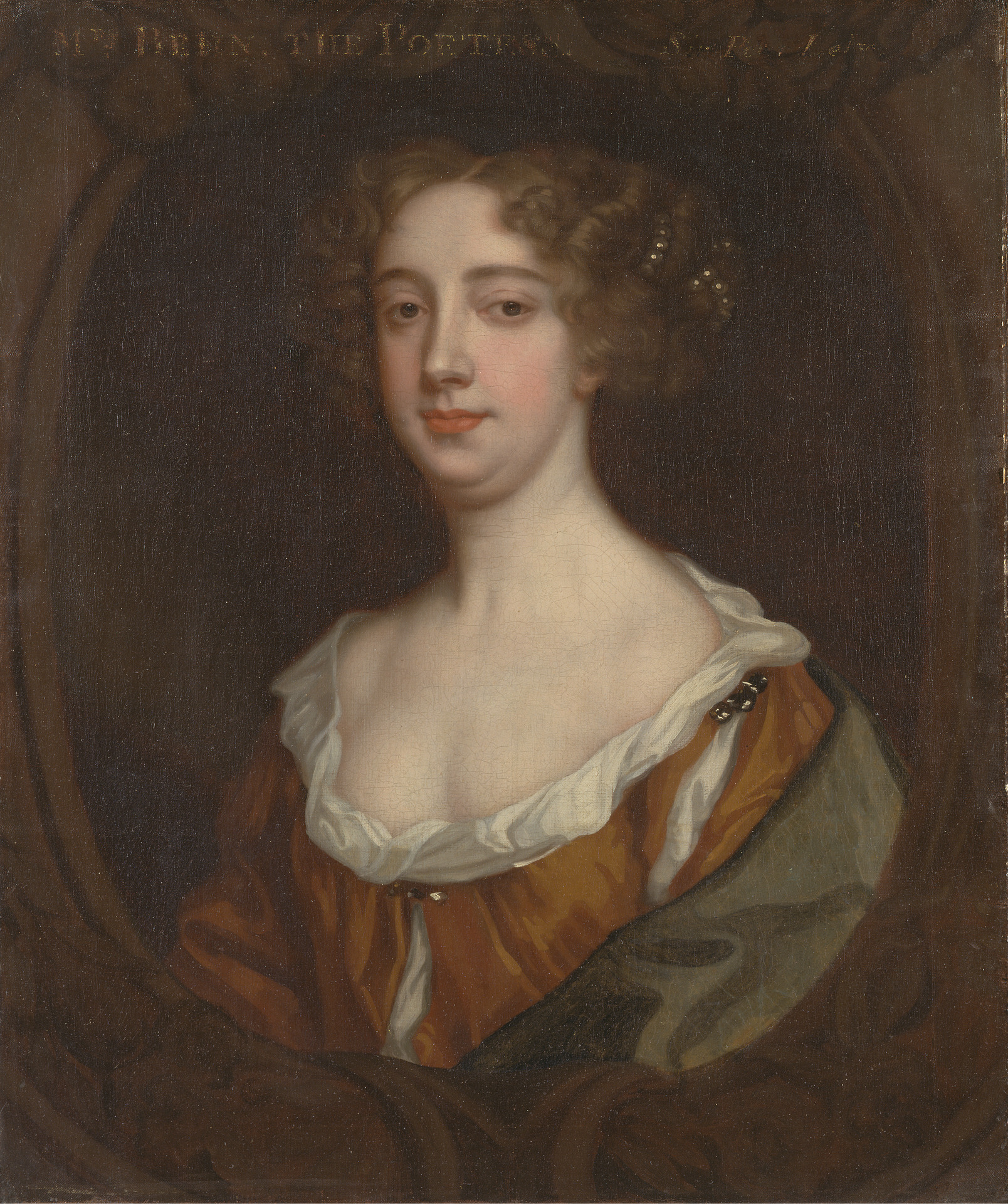A perfect Friday song isn't it? Or, runs for two more weekends so come join us for a history story that I have been describing as a cross between Shakespeare and Noises Off.
Showing posts with label Aphra Behn. Show all posts
Showing posts with label Aphra Behn. Show all posts
Friday, October 16, 2015
Feeling Good
One of the more unusual elements of Or, is the music. The script notes that "The play is set in the Restoration period, but plays off the echoes between the late 1660s,
the late 1960s, and the present." And so liberties are taken, especially in the sound design, to show that Aphra Behn was truly a woman ahead of her time. One of my favorite moments occurs at the end of the show because it's underlined by the fabulous Nina Simone.
Wednesday, September 30, 2015
Director Vera Sloan's Thoughts on Or,
“Our play will shortly ricochet between a dense array of seeming opposites:
Spy or poetess, actress or whore
Male or female, straight or gay—or both
Wrong or righteous, treacherous or true
Lust or love, cheap hackney trash or art
Now or then, a distant fervent age
Or this, our time of mingled hope and fear.
And yet despite all seeming diff’rences
Those ors divide less than they subtly link
And what seem opposite and all at odds
Are in their deepest nature most the same.”
When I first read the lines above in Or, I recognized that Liz Duffy Adams' story of the delightfully revolutionary Aphra Behn, amid its poetry and comedy and eroticism, is also a play about all of the deeply human, potentially world-changing beauty of quantum physics (stay with me, drama majors!).
Human beings love neat little boxes. We find comfort in the tidiness of everyone being one thing or the other, and we have an affinity for the belief that the past is reassuringly distant and pleasant, always a “simpler time.” But those ideas are comfortable illusions. Astrophysicists have begun to offer explanations of truths that artists have long understood – time is not linear, and all dichotomies are false. The past is right now, and all of the aspects of who we are, even those that seem contradictory, are simultaneously true. When we explore stories and people of by-gone eras, we can choose to revel in nostalgia, distancing ourselves from a romanticized idea of who people were then. Or, we can choose instead to fully embrace how much all of us, across time and borders and desires, are truly the same.
“We are all made of star stuff,” in the words of Carl Sagan. “We are stardust, we are golden, and we've got to get ourselves back to the garden” in the words of Joni Mitchell. If they are both right (and they are), and if all of the emotional contradictions and complexities of human beings haven't changed much since Aphra Behn took London by storm in the 1660's (and they haven't), then what do both art and science have to tell us about ourselves and everyone else on the planet? I hope that you see something of yourself tonight on this stage, even though the people you'll see may not immediately seem to be much like you at all. I hope that this reminds you, as it always reminds me, of how deeply similar you must be to people from other places, or of unfamiliar faiths, or who simply live or love a bit differently than you do. That's one of my favorite things about this work and this play, and I'm thrilled to bits that you're here to share in that.
-Vera Sloan
Monday, September 28, 2015
Who Is Aphra Behn?
 |
| Aphra Behn, portrait by Peter Lely |
Shockingly little is known of the first 27 years of Aphra Behn's life, due mostly to the unusual absence of any records of her existence during that time. Much of the biographical information presented in this play is true… or at least as likely to be true as any other scholarly theories. What we do know is that she was a spy for the English crown who went on to be one of the first professional female playwrights in the English language. While surprisingly traditional in some of her ideas, including her fierce loyalty to Charles II, her work contained ideas about gender, race, and sexuality that would have been extremely progressive from any writer of the time, but especially a woman. She paved the way for a new generation of English women to not only write professionally but live independently, inspiring 20th Century author Virginia Woolf to comment, "All women together ought to let flowers fall upon the tomb of Aphra Behn which is, most scandalously but rather appropriately, in Westminster Abbey, for it was she who earned them the right to speak their minds." She died at the (assumed) age of 48, her tomb inscribed with the words, "Here lies a proof that wit can never be defense enough against mortality."
Subscribe to:
Posts (Atom)
